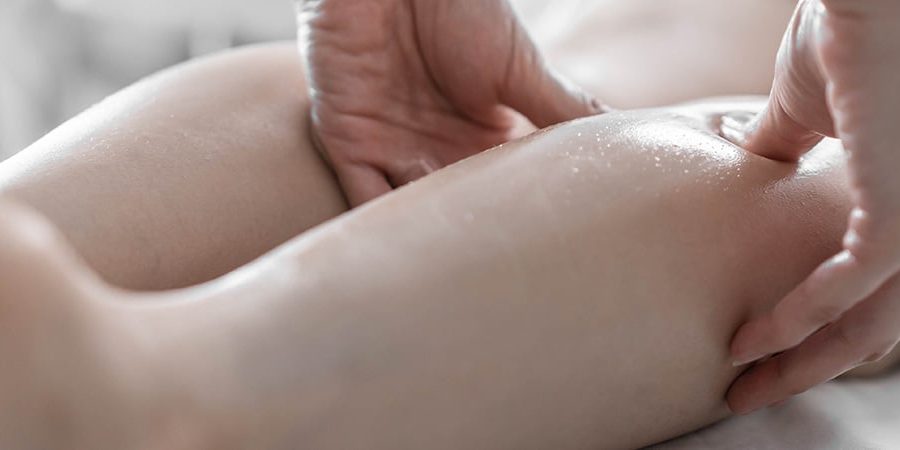The intricacies of sports massage and its impacts on athletic performance have long been an arena of interest and speculation. A recent comprehensive review paper systematically exploring the effects of massages on sports and exercise performance (Dakić Et al. 2023) provides new insights, navigating through its effects on motor abilities and various neurophysiological and psychological mechanisms.
The Research
Adhering strictly to the PRISMA guidelines, the research entailed a meticulous review of 114 articles, focusing on how massage influences motor skills, along with its neurophysiological and psychological implications.
Motor Abilities: Flexibility Takes the Forefront
In terms of motor abilities, the data unveiled a particularly interesting find: massages do not generally affect motor abilities, with flexibility being the notable exception. A further delve reveals some positive shifts in muscle force and strength, but these changes were predominantly observed 48 hours post-massage.
Beyond Cardiorespiratory Fitness
For fitness professionals, these findings provide crucial insights into the potential benefits of VILPA, particularly for individuals who are not inclined or able to engage in structured exercise routines. VILPA offers a flexible and accessible way to improve health outcomes. Encouraging clients to integrate brief bursts of vigorous activity into their daily lives can be a game-changer for those struggling to find time for formal exercise.
Neurophysiological Parameters
When examining neurophysiological parameters, the findings show that massage did not influence blood lactate clearance, muscle blood flow, muscle temperature, or activation in a significant way. Notably, however, a plethora of studies underscored its role in pain reduction and mitigating delayed onset muscle soreness. This aspect was likely interlinked with the reduction in the level of the creatine kinase enzyme, indicating that while immediate physiological benefits might be limited, the impact on muscle recovery could be noteworthy.

Psychological Mechanisms
Perhaps one of the most compelling findings from the review is the evident impact massage has on psychological mechanisms within an athletic context. While the direct impact on sports and exercise performance might be under debate, massage therapy showcased a substantial impact on athletes’ psychological states. This included reductions in depression, stress, anxiety, and the perception of fatigue, alongside notable increases in mood, relaxation, and the perception of recovery.
To Massage or Not to Massage?
In sum, the data suggests that while the direct, tangible effects of massage on motor and neurophysiological aspects are confined (with notable mention of flexibility and post-48-hour muscle strength), its influence on psychological wellbeing and perception is considerable. Consequently, massage might not be the tool to enhance immediate performance, but as an indirect catalyst that fosters a mental environment conducive to peak performance and recovery, its value shines through.
Key Takeaways
For trainers, therapists, and fitness professionals, the nuanced understanding that massage might not directly amplify sports performance but acts significantly in creating an optimal psychological state for athletes is crucial. It reaffirms the role of mental wellness in sports efficacy and opens avenues for integrating massage therapy strategically to bolster psychological resilience and recovery in athletes, especially in highly competitive and mentally taxing environments.
In a world where mental wellness is increasingly becoming paramount, understanding and utilising the psychological benefits of massage to enhance athletes’ performance and recovery might just be the missing link in your training or recovery protocol. Consequently, fitness professionals might focus on leveraging massage not as a direct performance enhancer, but as a tool that substantially aids in mental and psychological recovery, thus indirectly influencing overall athletic performance.
References:
- Dakić, M.; Toskić, L.; Ilić, V.; Đurić, S.; Dopsaj, M.; Šimenko, J. The Effects of Massage Therapy on Sport and Exercise Performance: A Systematic Review. Sports 2023, 11, 110. Click here to review the full research article
Discover the Potential of Sports Massage with Our Level 3 Diploma in Sports Massage Therapy!
Dive into the profound world of Sports Massage Therapy and equip yourself with knowledge and skills that go beyond the physical. Recent research highlights the crucial role of massage, not just in enhancing flexibility, but also as a substantial tool to foster psychological wellbeing in athletes! With our Level 3 Diploma, you’ll delve into the nuanced methodology of sports massage, understanding how it goes beyond muscle recovery, serving as an indirect catalyst that nurtures mental wellness and psychological resilience in athletes. Reduce athletes’ stress, diminish anxiety, mitigate the perception of fatigue, and elevate moods, all while contributing to their overall performance and recovery in the sporting arena! Enrol now and empower your career by becoming a pivotal contributor to athletes’ physical and mental wellbeing!
Sports Massage Therapy – In-Person
